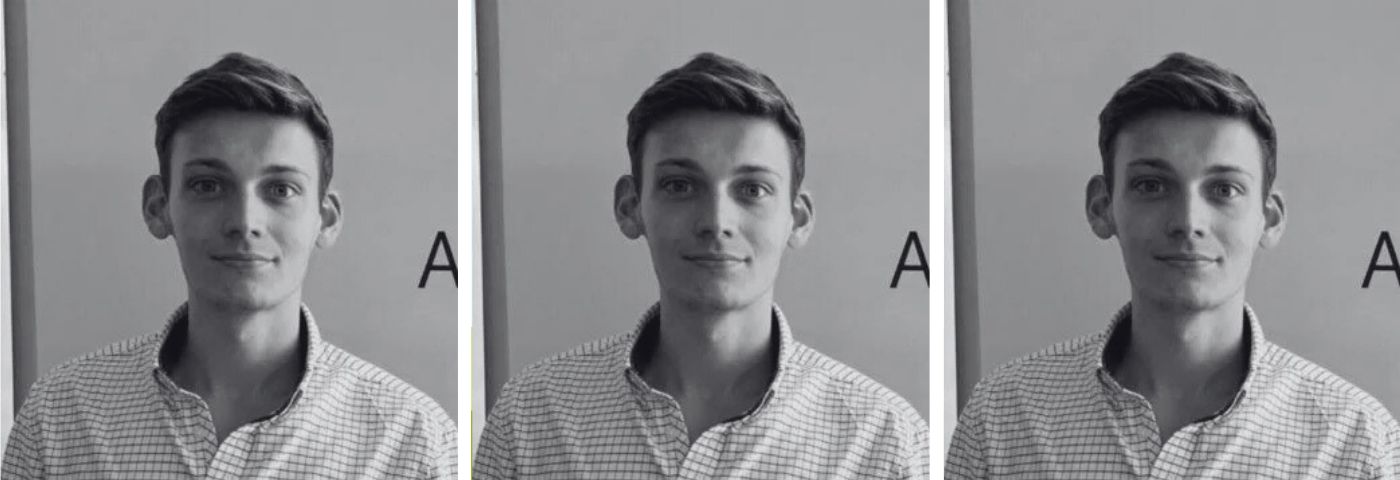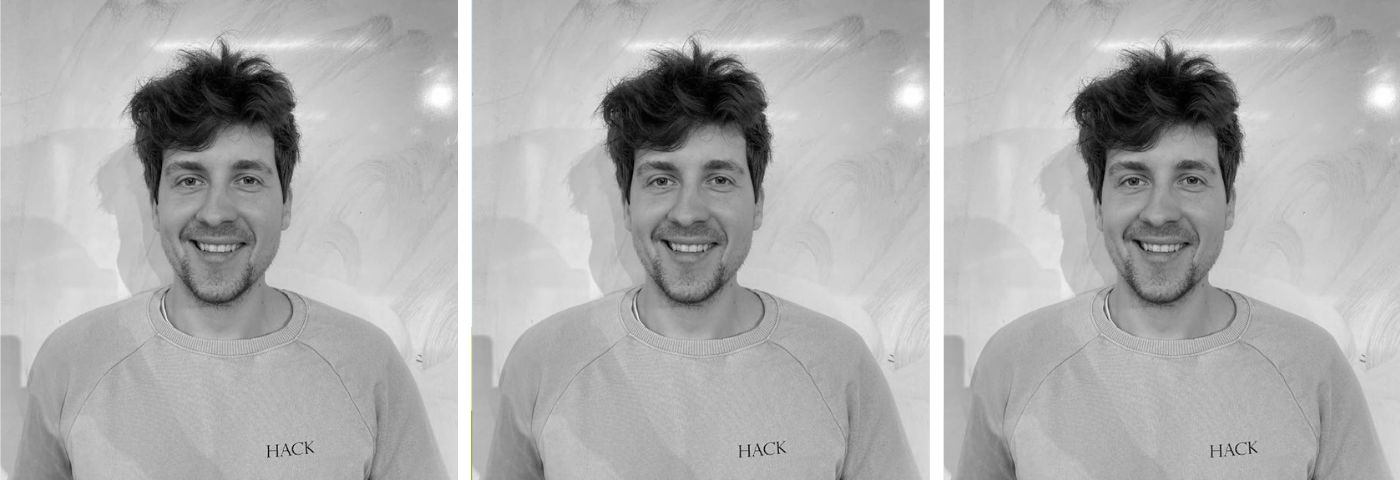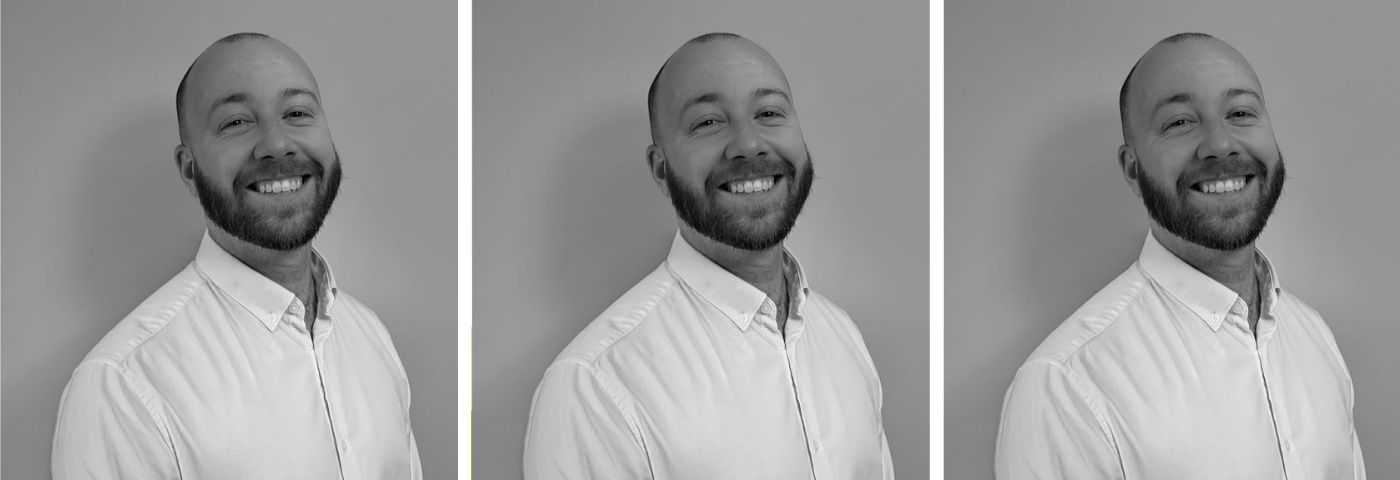We know that we’re only as good as our people, and at Ada Mode, we have an impressive team at the helm. This Humans Behind the AI series aims to highlight the talented individuals that work here. For this month’s edition, we’re featuring Jack Sandison, Graduate Data Scientist at Ada Mode.
What is your role at Ada Mode?
Graduate Data Scientist
What does your average day look like?
My average day involves a balance of meetings, project work, and developing our internal Atlas platform. I also regularly engage in development training – such as Azure and Databricks training to stay current and open possibilities for new projects.
What’s your favourite thing about working at Ada Mode?
One of my favourite things is the diverse range of projects that allow me to apply academic theory to real-world industry challenges. Collaborating directly with clients has been rewarding, enabling me to contribute to meaningful project outcomes. Throughout my first year, I have been given responsibility within projects while receiving support from my team.
What has been your favourite project or challenge you’ve worked on?
One of my favourite projects was the EDF Refuelling Optimisation (RFO) project. The objective was to find sources of delays for refuelling outages at EDF’s nuclear fleet, aiming to improve operational efficiency and provide measurable impact. A challenge was centralising data sources located across EDF’s IT infrastructure, which required collaboration with different stakeholders. After centralising the data, we were able to apply data science skills to analyse the dataset and locate key drivers of delays. A highlight of this project for me was being given the opportunity to present our findings to stakeholders at Heysham power station.
It seems like everyone at Ada Mode shares the same passion for tech. What about AI technology are you most passionate about?
I’m most excited about AI’s potential to accelerate problem-solving across different domains acting as a versatile catalyst. Its ability to identify patterns within data beyond human capability enables rapid development and innovation for impactful solutions.
Where do you see the industry heading in the next 3-5 years?
Battery Energy Storage Systems (BESS) will be essential for net-zero emission goals. As renewable energy sources such as wind and solar become more prevalent. BESS offers the flexibility to store excess energy and release it during peak demand, ensuring grid stability and reliability. The integration of data-driven strategies in energy management will be key, leveraging AI and machine learning algorithms to optimise energy distribution.
What are your top 3 books/podcasts?
- The Rest is History
- Southampton Football Podcasts
- Modo Energy Podcast
What do you enjoy doing when you’re not working?
Outside of work, I enjoy staying active through golf and tennis.
Who should we speak to next and what should we ask?
Ask Damian Bemben about the LLM arms race. What is the current state of the LLM landscape and differences between leading models?



